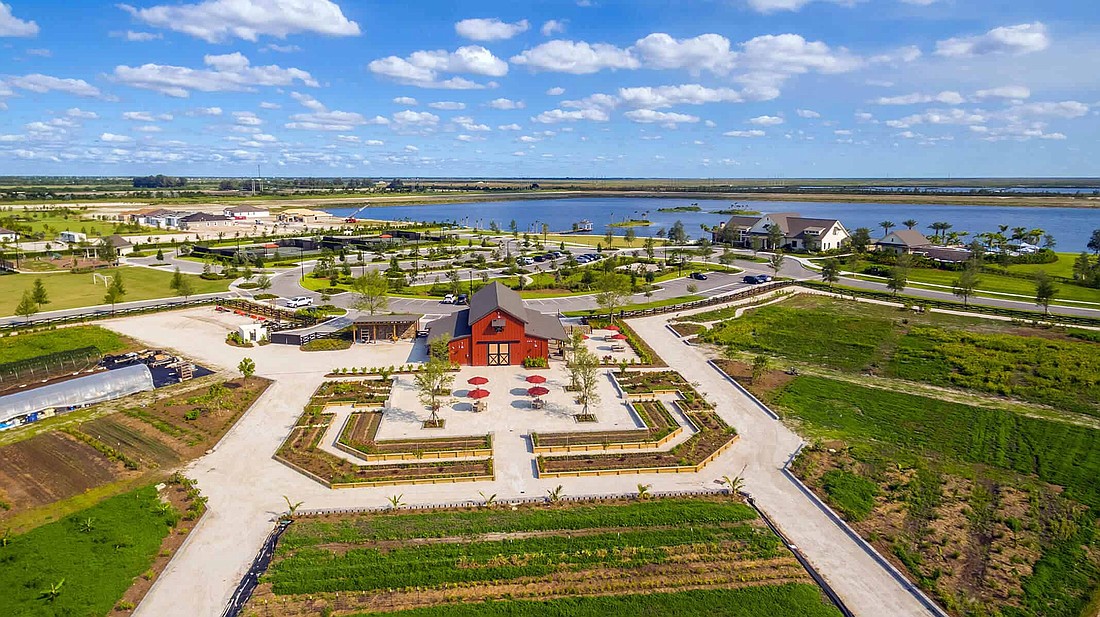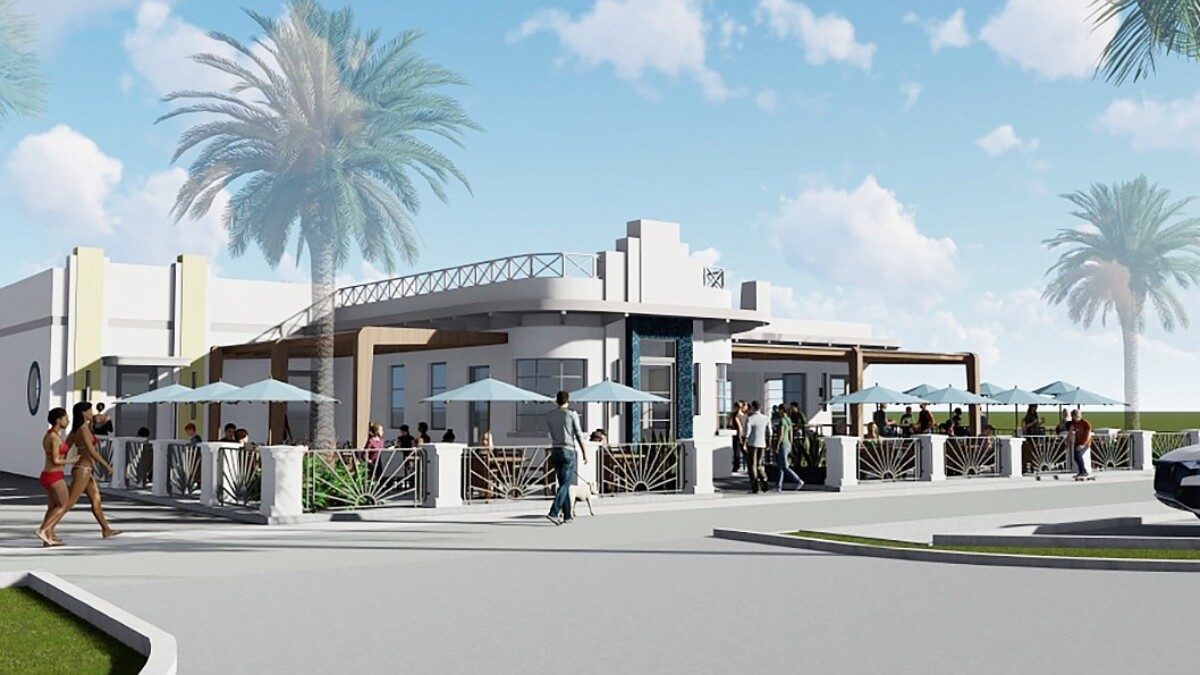The St. Johns County Commission pumped the brakes Tuesday on a more than 3,000-home “agrihood” proposed west of St. Augustine.
After hours of commentary from the project’s applicants and from members of the public rallying against it, the Board of County Commissioners unanimously denied the application from developer Freehold Communities.
County Commissioner Sarah Arnold shared the sentiment of the county’s Planning and Zoning Agency earlier this month. She said she just didn’t think “this project is ready for primetime.”
The Boston-based developer wanted to create a neighborhood that, along with the construction of thousands of single-family homes, would include agricultural elements like a community farm.
In 2019, the County Commission approved a change to its comprehensive plan that allowed for the construction of the 3,332 homes on 2,673 acres between County Roads 208 and 214.
County Commissioner Henry Dean said he supported the project then and still believes the project is a good one. But even though the developer was pitching in for major road improvements on County Road 2209, he still believes the county’s infrastructure can’t support the development.
“But what we have here is a situation where we, collectively — the state, the county, the past commissioners, me sitting here as a commissioner today — have been unable to achieve the things I’ve wanted to achieve with respect to dealing with our transportation crisis,” Dean said.
Questions about the agrihood
On top of that, members of the County Commission said that the project’s application was, while impressive in some places, incomplete in others.
They were left to vote on a project with no plans showing where homes would be situated, no word from the St. Johns County School District on whether schools could accommodate additional students and several outstanding questions from the county’s staff.
A number of St. Johns County residents — those who attended the meeting and the 2,000 people who signed a petition against the plans — weren’t convinced that the development fit the area, either.
“This proposed development is a nice design, but it’s not remotely compatible with this area and would ruin the rural nature of 214,” local resident Karla Maxwell-Quarto said. “Adding a garden and a barn to a high-density neighborhood does not make it rural or agricultural.”







